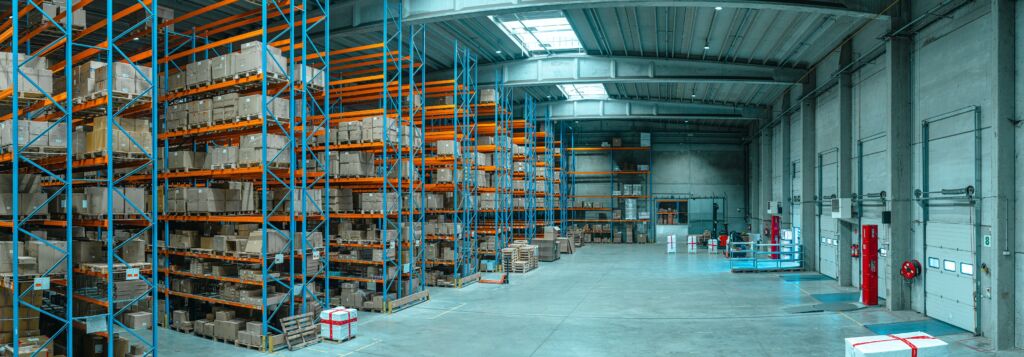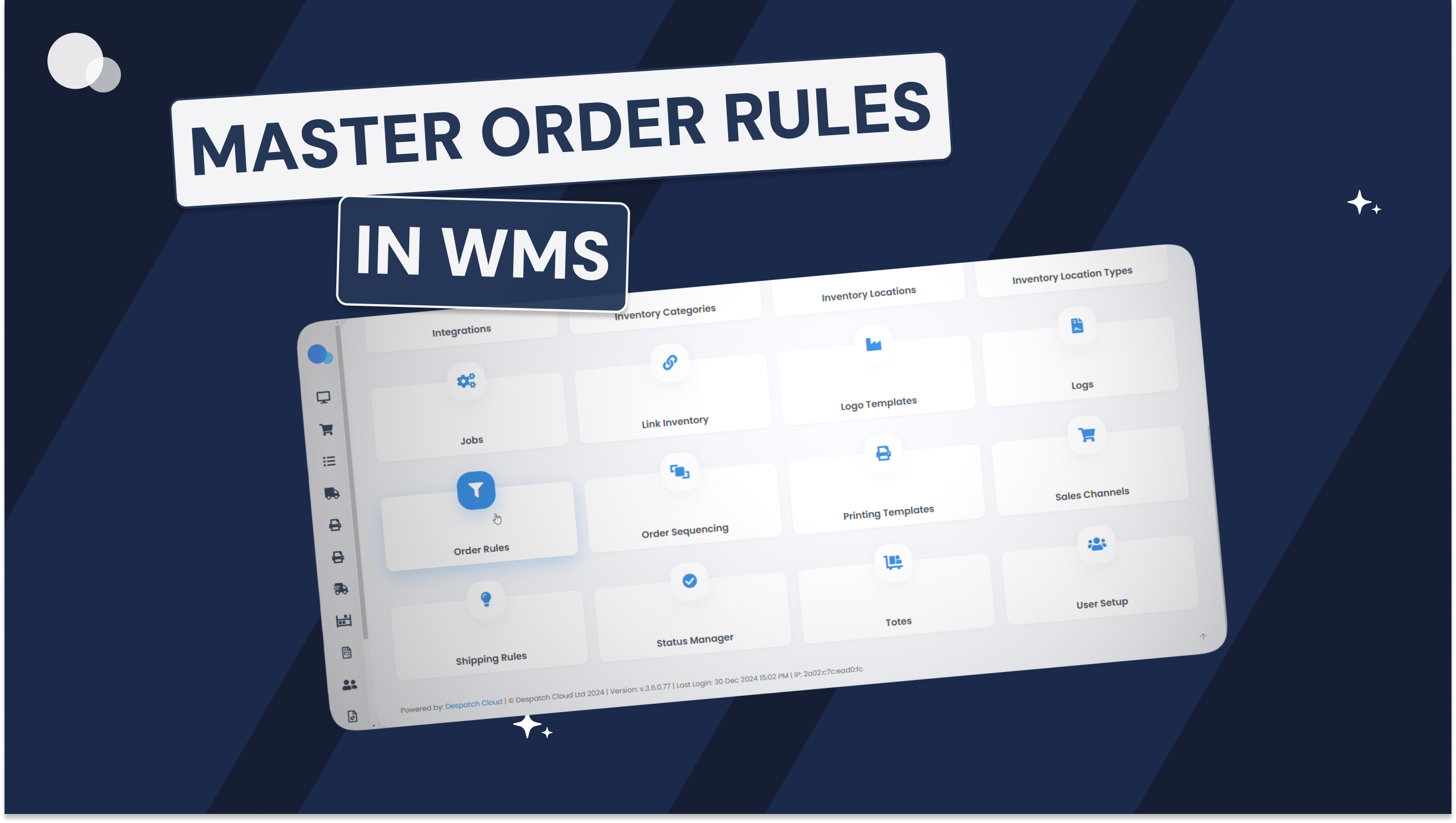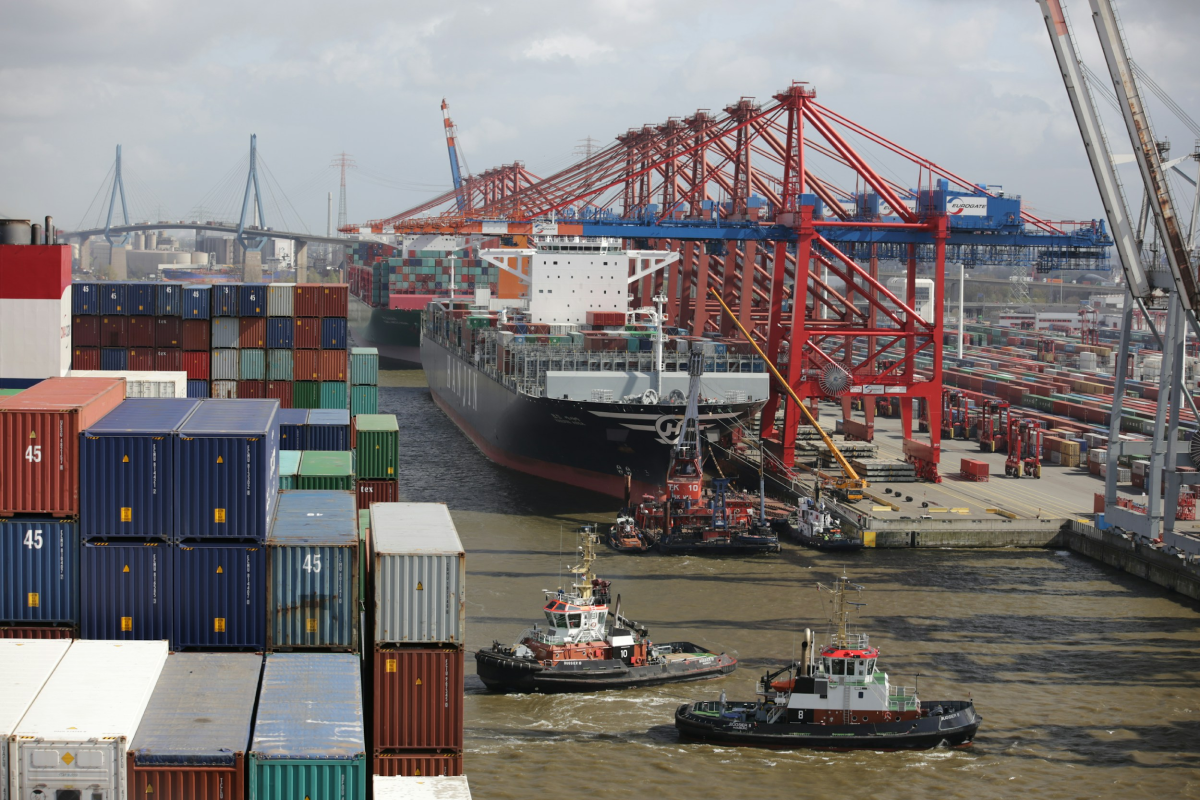10 Warehouse Types
Warehouses vary in design, each tailored to meet distinct business requirements (hence you get a range of different types). The warehouse meaning encompasses factors such as ownership, purpose, storage capabilities, and geographical position, highlighting the diversity of warehouses. Understanding these differences between warehouse types is crucial to choosing the right warehouse for your business needs. In this comprehensive guide, we will explore the different warehouse types and provide valuable insights to help you make an informed choice that will see maximum benefits.

- What Defines a Warehouse?
Warehouses come in various forms, each designed to cater to specific business needs. Factors such as ownership, functionality, storage capacity, and location differentiate the types of warehouses available. It is essential to understand these distinctions to ensure you select the most suitable option for your business requirements.
- What Are The Most Common Types Of Warehousing:
1) Private Warehouses: Offering full control and security, private warehouses are suitable for businesses requiring dedicated storage and personalised handling processes. They ensure confidentiality, exclusivity, and customised inventory management.
2) Public Warehouses: Public warehouses provide cost-effective storage solutions, allowing businesses to pay only for the space they use. They offer flexible terms, scalability, and shared resources, making them ideal for startups and businesses with fluctuating storage needs.
3) Bonded Warehouses: Bonded warehouses facilitate international trade by offering secure storage and customs clearance. They allow businesses to store imported goods without immediate duty payments, providing financial flexibility and efficient inventory management.
4) Distribution Centres: Distribution centres act as strategic points for managing inventory and ensuring efficient order fulfilment. They minimise transit times, reduce shipping costs, and optimise inventory levels for businesses with extensive distribution networks or those operating in multiple regions.
5) Consolidation Warehouses: Businesses dealing with fragmented shipments from various sources can benefit from consolidation warehouses. These facilities consolidate smaller shipments into larger loads, optimising transportation costs and reducing the number of individual deliveries.

6) Cross-dock Facilities: Cross-docking warehouses focus on the rapid transfer and sorting of goods, eliminating the need for long-term storage. They are beneficial for businesses with time-sensitive products or those seeking to minimise inventory holding costs.
7) Automated Warehouses: By leveraging advanced technologies and robotics, automated warehouses offer high-speed, accurate, and efficient order processing. They reduce manual labour requirements, improve inventory accuracy, and enhance overall operational productivity.
8) Climate-Controlled Warehouses: Temperature-sensitive goods require specialised storage conditions to maintain product integrity. Climate-controlled warehouses offer precise temperature and humidity control, ensuring the preservation of items such as pharmaceuticals, food, and electronics.
9) Co-located Warehouses: Co-located warehouses foster collaboration and resource sharing among businesses within the same industry or supply chain. They provide cost-sharing opportunities, facilitate knowledge exchange, and promote synergistic efficiencies.
10) Multi-Channel Warehouses: As businesses embrace omni-channel retailing, multi-channel warehouses play a vital role in managing inventory and order fulfilment across various sales channels. They enable seamless integration between online, brick-and-mortar, and direct-to-consumer channels. Despatch Cloud offers warehousing solutions that can cater to all of your different channels and marketplaces – ensuring that your products always reach your customers in a timely manner.
- How To Choose The Right Warehouse Type For Your Business
When selecting a warehouse type, consider the following factors:
Storage Needs: Evaluate the volume and nature of your products to determine the required storage capacity, whether it’s high-security private warehousing or flexible public warehousing.
Scalability: Consider the growth potential of your business and choose a warehouse type that can accommodate future expansion or seasonal fluctuations in demand.
Accessibility: Analyse your supply chain and customer base to ensure the chosen warehouse location enables efficient distribution and timely deliveries.
Industry Requirements: Different industries have specific regulatory and compliance needs. Ensure the warehouse type aligns with industry standards and supports your business operations.
Technology Integration: Assess the compatibility of the warehouse with your existing systems and technology. Seamless integration between your inventory management and warehouse operations is crucial for efficiency.

- Warehousing With Despatch Cloud
Despatch Cloud offers a comprehensive suite of solutions to help you optimise and streamline your warehousing regardless of the warehouse type you use. Our platform provides:
- Warehouse Management System: Streamline your warehouse operations with our intuitive WMS, enabling you to efficiently manage inventory, order fulfilment, and logistics.
- Integration Capabilities: Seamlessly integrate your chosen warehouse type with Despatch Cloud, ensuring real-time visibility and control over your inventory and order management processes.
- Data-driven Insights: Leverage our reporting and analytics tools to gain valuable insights into your warehouse operations, enabling informed decision-making and continuous improvement.
Choosing the right warehouse type is vital for businesses seeking optimal storage, distribution, and operational efficiency. By understanding the distinctive features and benefits of each warehouse type, you can make an informed decision that aligns with your specific business requirements.
Explore our Warehousing product further here.






